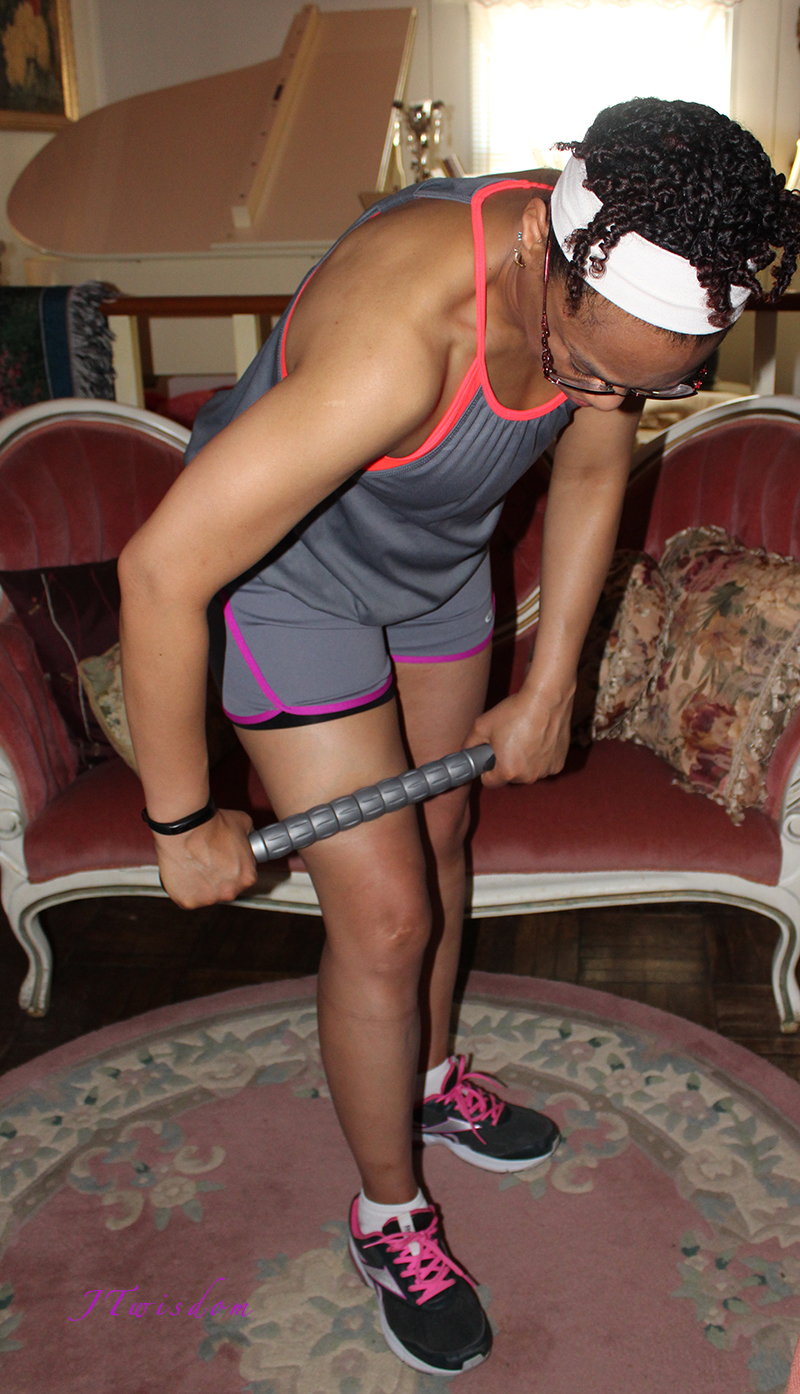
Returning to work after sustaining an injury, especially one suffered for some time, can often be somewhat of a renewed shock to the system. It’s easy to forget the usual pace of your working life when you have been apart from it for some time, especially if you have been working hard in jobs since you left school. For some people, this is absolutely the case. When forcibly taking a break, it can often take some time to adapt to the quietness and slow-paced nature of each day. However, the reverse can often be true also, and in this situation, it’s likely you have experienced that for yourself.
Adapting to work after an injury can often be quite hard if you haven’t taken steps to prepare for it. Here are some tips to do just that:
Occupational Therapy
The absolute best requirement for getting back to work in the most complete and sustaining way possible is to visit an occupational therapist, preferably with highly qualified staff, using services such as Motus Rehabilitation. Occupational therapy helps you slowly work towards your new normal, helping to mediate lack of mobilities and the physical stress of conducting work. Even in office jobs, you may be surprised at just how much physical ability you take for granted during periods of wellness.
Occupational therapy is here to help you find and resolve the challenges that you face, and overcome them all, or at least help you manage. Without this, it can be quite easy to fall to inefficient methods of healing or to find the burden of your responsibilities quite a difficult physical challenge each day. Taking the time to work with these professionals, no matter how difficult, can lend you that extra second wind you may just need.
Sleep
Sleep is the most restorative habit we know of, meaning that getting back into work will require plenty of it. Just like starting a new exercise regiment, the mental, spiritual, emotional and physical cost can be quite a shock to the system when you try to adapt to this new, or perhaps old way of doing things. Ensure you get enough sleep each night, and that you wake at a reasonable time each morning. Help yourself wake up full of energy, organized and aware, as this will help lessen the blow of a hard day of work.
Exercise
Exercise may not be a great idea in your current state right now, but it can often help you begin to gain some of your stamina. You may try a small walk before or after work, perhaps even walking a short distance to your work. You could try and purchase resistance bands to help you stretch during breaks at your job, helping you slowly rehabilitate yourself and follow the advice of your occupational therapist. You may even visit the gym after hours and walk on the treadmill, or slowly begin to swim (one of the best exercises as it suspends you in water, just be sure not to exceed a depth you may not be able to deal with.)
Exercise is extremely important to help you slowly regain your strength, but be sure to follow the guidance of your Doctor strictly in this case. Still, if allowed in some quantity, it can help train your body against the physical and mental demands of your job.
Arrangements
Head on regular breaks, and never ask for more work than you can perform. Take it easy. Take it step by step. No one expects you to work overtime for a 14-hour total shift each day right now. Just be honest about what you can offer your employer and your goals for healing and coming back to work in a full capacity. If you have an understanding boss, it’s likely you’ll be able to make arrangements to help you come back to work in a sequence that makes the most sense for you. For example, you might negotiate that you come back to work for a few days a week, or perhaps on a half-day basis. This is just to help you settle into things, to catch up on what you missed, and to begin your routine once more. Not all bosses will allow this to happen, but some might. It can’t hurt to ask. It might just be the thing you need to sustain yourself back into the work schedule once again.
With these tips, adapting to work after a recovering from an injury will be that little bit easier, perhaps just the amount of easier you need.





Follow!